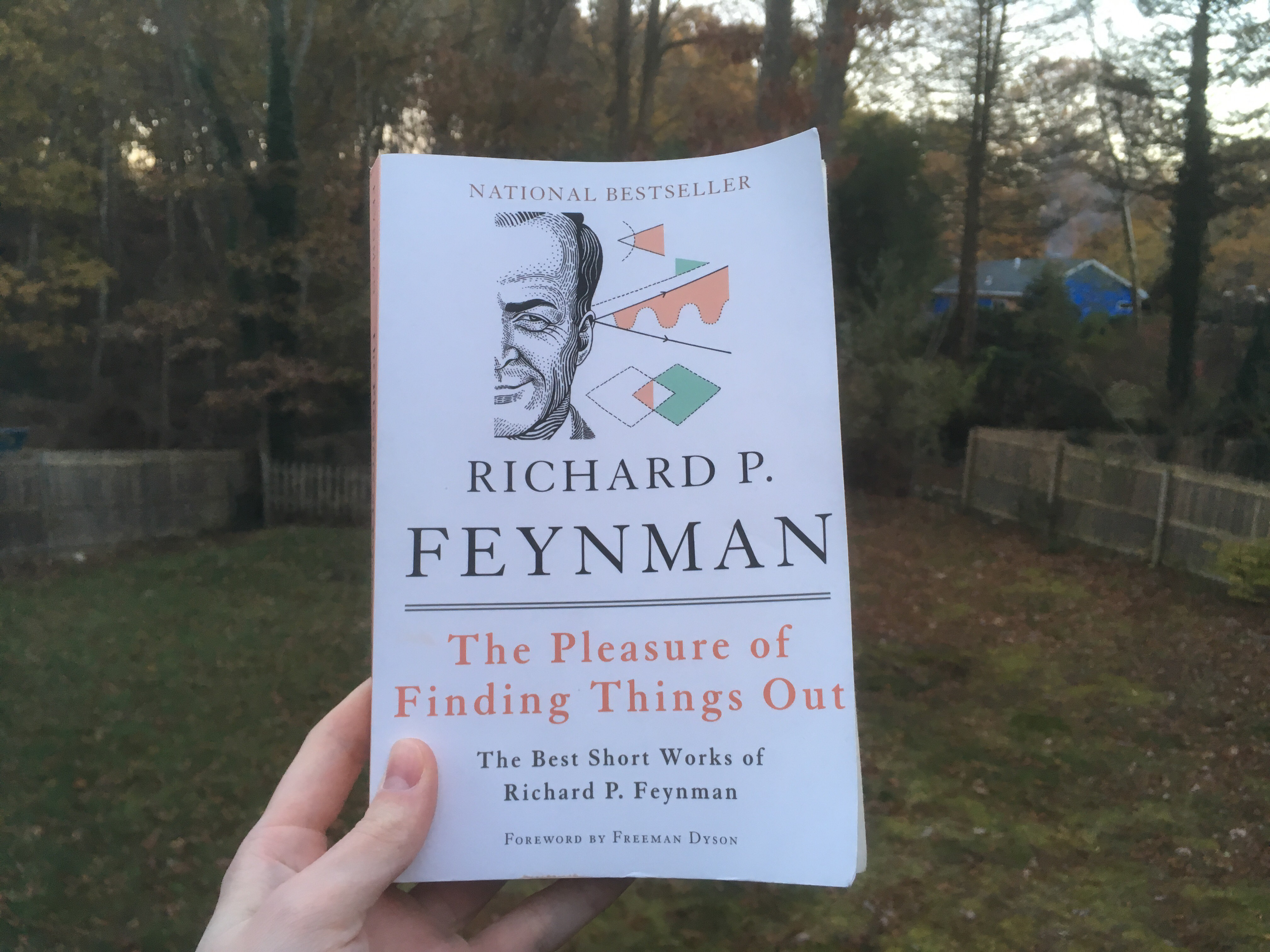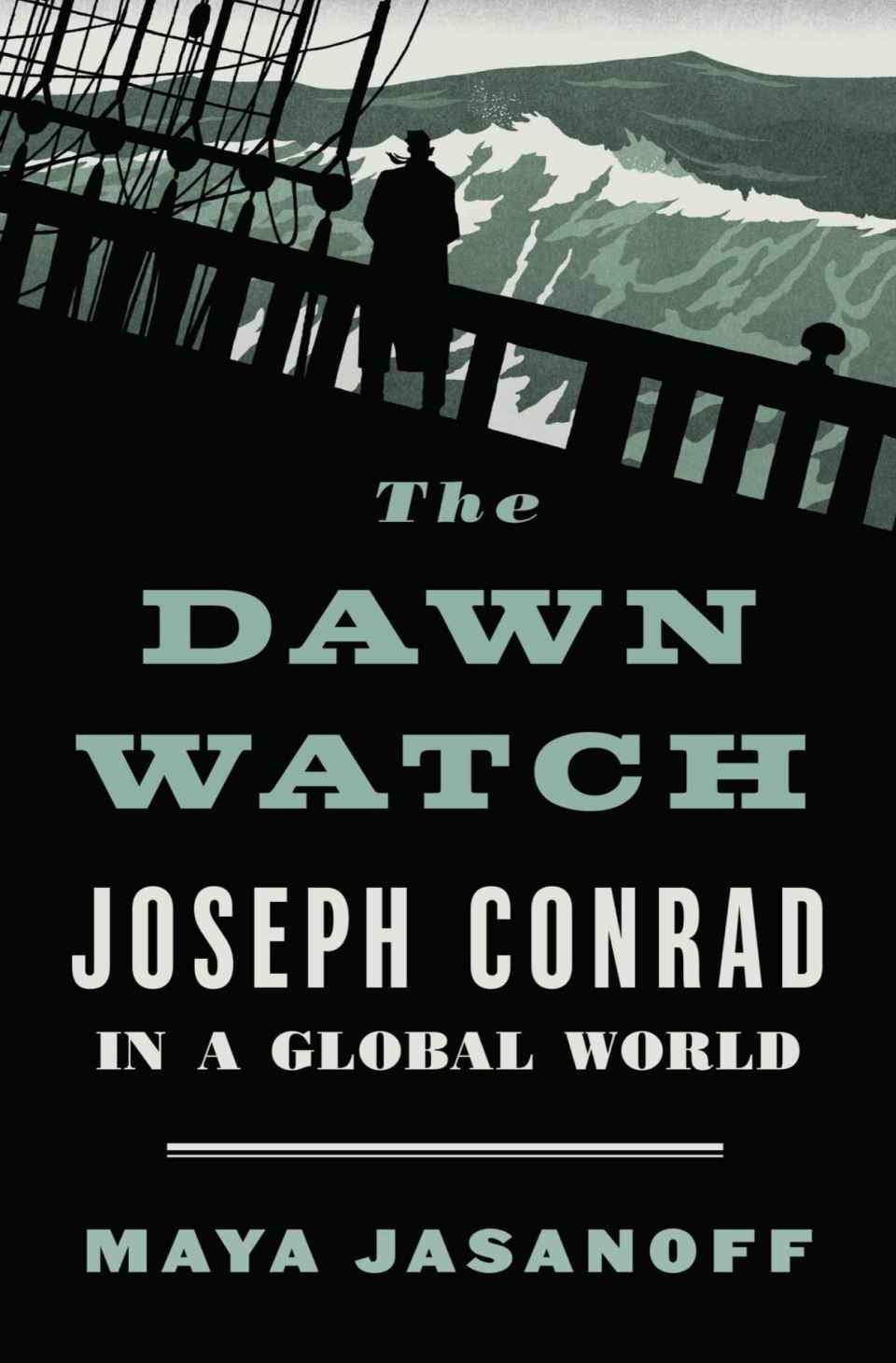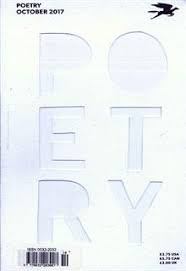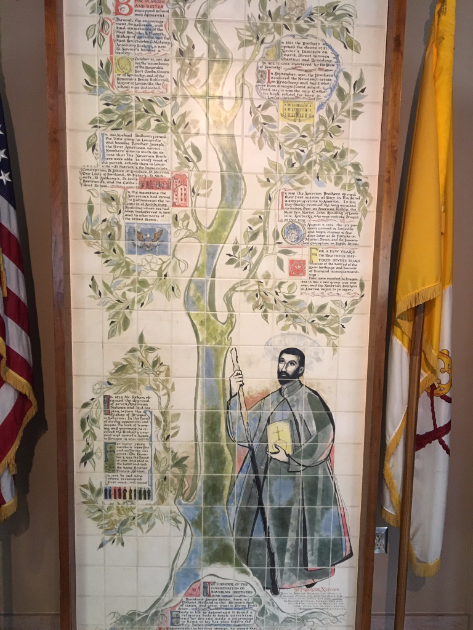Richard Feynman was a truly great scientist, winning the Nobel prize in physics for discovering the mathematics and understanding the physics that underlies the experimental work that I and other continue to work on today. But Feynman was more than that, he was a great man and a great thinker, who was celebrated for his contributions to science. “The Pleasure of Finding Things Out” is a collection of short written or spoken works by Feynman as well as some interviews, starting with a BBC interview of the same title (available here). There are many different topics covered and fields of scientific study kick-started by Feynman’s monumental intellect, including, among others, the questions of the smallest and most efficient computers, the meaning and purpose of scientific inquiry in modern society, the false dichotomy of the conflict of science and religion, and the unfortunate rise of pseudo-scientific thought in our current age.

Taken as a whole, Feynman is a veritable popular-philosopher of science. He understood the limits of science so well he was able on multiple occasions to recognize false an self-imposed boundaries, knock them down, and push those fields decades forward in one go. He also recognized the irresponsibility with which many scientists and non-scientists alike approach authority figures and dogmatism (which I have decried in a prior post), not daring to embrace the skepticism ostensibly promoted by the scientific method but instead relying on social organization and hierarchies to determine truth, both in scientific endeavors as exemplified in his description of his conversations with Bohr, and more generally in life, exemplified in his declarations against pseudo-science and fundamentalist scientific or religious thought.
Feynman is definitely an interesting character, and you may find the more biographical take on his life to be more interesting, in which case I suggest the book “Surely You Must Be Joking Mr Feynman” which has some overlap with this book, but not too much. Similarly, Feynman’s lectures are fantastic, both the “Feynman Lectures on Physics” which covers most undergraduate physics, as well as some graduate level material, as well as his seminal “QED: The Strange Theory of Light and Matter” (with its accompanying video lectures from his visit to New Zealand) are both quite accessible and interesting.
The essay from this collection that most captured my attention is the very last one, “The Relation of Science and Religion (html copy)“, in which Feynman clearly describes the psychology and sociology behind religious people engaging with science and having their view of religious knowledge fundamentally shaken. I do not want to do a bad job of summarizing the essay, and it is quite short, so I would suggest clicking the link above and giving it a read. I found his description of scientists engaging with religion to be very accurate and encouraging, and it is my hope (see my prior post) that promoting a better understanding of how scientists can and should think about religion can help prevent the propagation of the false dichotomy between the two.
Share this:




